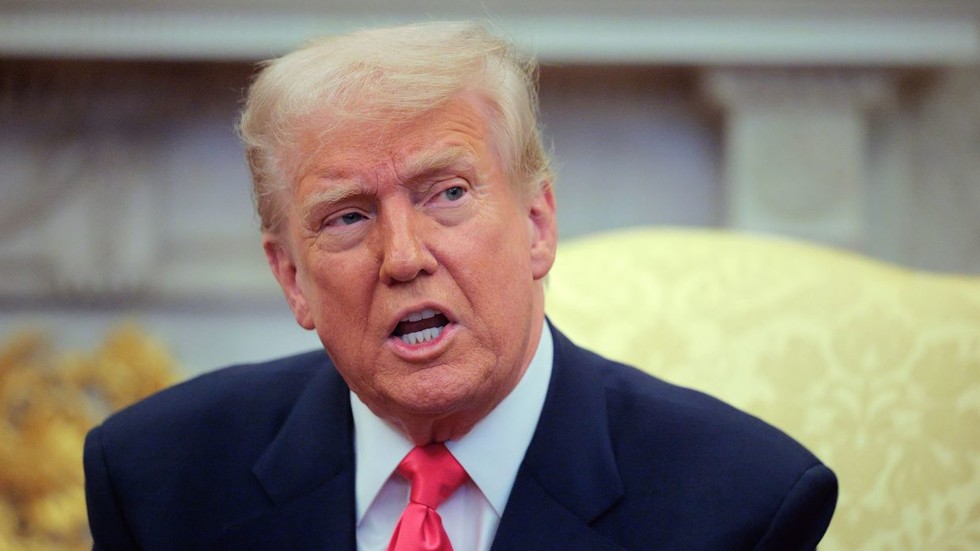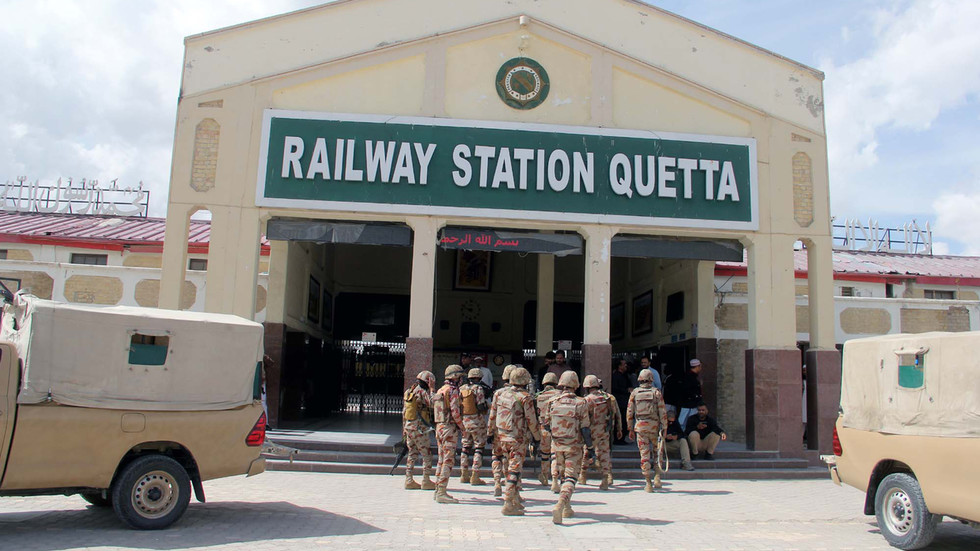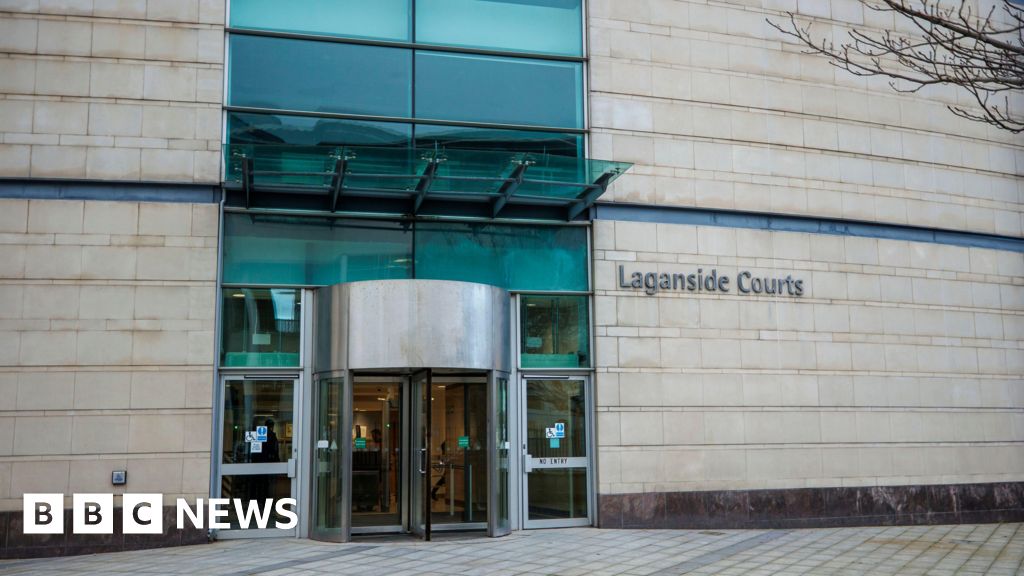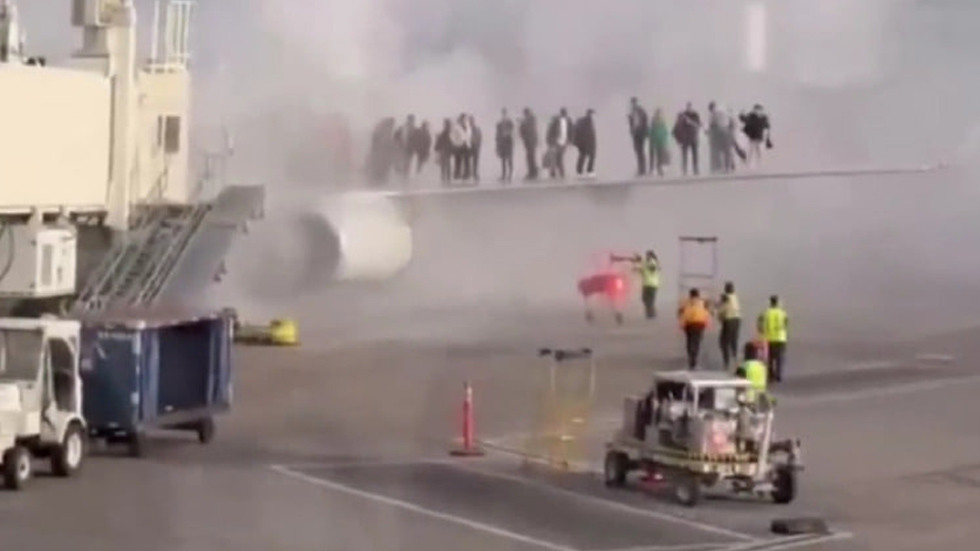Patriarch Kirill, the head of the Russian Orthodox Church and one of Russian President Vladimir Putin's close allies, signed a decree demoting priest Dmitry Safronov.
Safronov presided over a memorial ceremony at Alexei Navalny's grave 40 days after the Putin critic's death — an important ritual within the traditions of the religion.
What did the decree say?
The priest was barred from giving blessings, carrying a cross or wearing the clerical cassock for three years.
He was also demoted and transferred to another church in Moscow, the decree stated.
Safronov's status went from that of a priest to that of a psalm reader.
"At the end of the period of penance, on the basis of feedback from the place of obedience, a decision will be made on the possibility of his further priestly service," the edict said.
The church gave no reason for its decision.
Why would the Orthodox Church do this?
Navalny, Putin's foremost opponent of the past decade, died in an Arctic prison colony in February at the age of 47.
The cause of Navalny's death remains unexplained, but his allies say the Kremlin is clearly responsible.
Mourners in Moscow mark 40 days since Alexei Navalny's death
Russian authorities initially refused to release Navalny's body, saying they needed to carry out further investigations. Safronov was among a group of clergymen who signed a public letter demanding that the remains be returned to his family.
He had been serving a decadeslong sentence on "extremism" charges widely viewed as being politically motivated because of his campaigning against the Kremlin.
The Russian Orthodox Church has thrown its weight behind Putin, embracing his conservative social policies such as a crackdown on the LGBT community.
The church also supports the war in Ukraine, with clergy often seen blessing equipment and troops being sent into battle.
rc/wmr (AFP, AP)

 10 months ago
47
10 months ago
47








